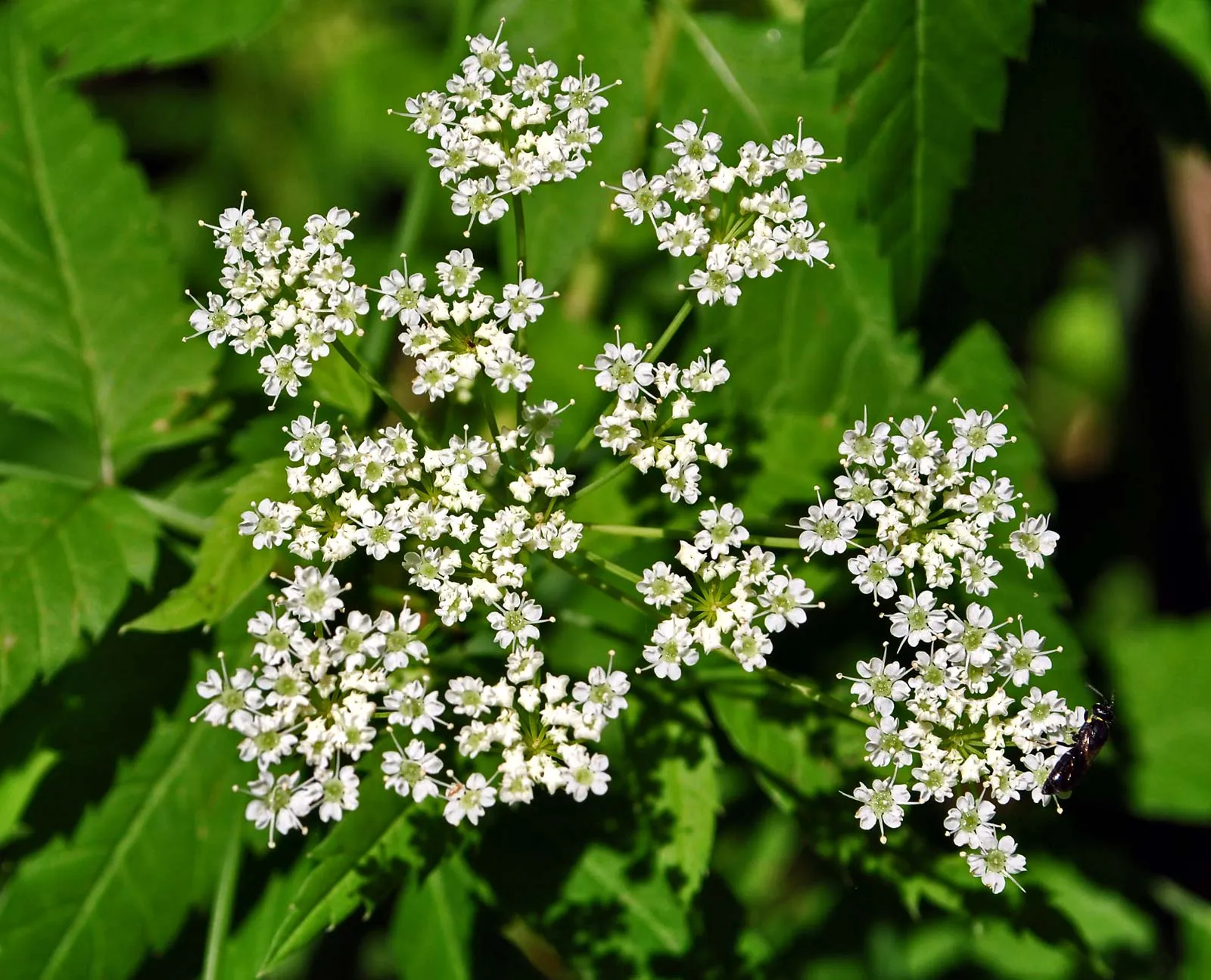Poultry Nutrition Study Set
1/55
There's no tags or description
Looks like no tags are added yet.
Name | Mastery | Learn | Test | Matching | Spaced | Call with Kai |
|---|
No analytics yet
Send a link to your students to track their progress
56 Terms
How do you raise chicks, poults, keets, ducklings and cygnets?
They should be raised in brooder boxes:
1) temperature should be at 95°F, dropped 5°each week until it reaches adequate temperature(75°F)
2) crumbled/pelleted food to avoid choking
3) fresh water
4) bedding should consist of shavings or paper towels; avoid smooth textures for traction
When do chicks feather?
5-6 weeks
When do poults feather?
6-8 weeks
When do ducklings feather?
7-9 weeks; incubated won’t be able to fly as soon as those in the wild because of lack of oil from mom sitting on them
When do keets feather?
6-7 weeks; sensitive to water during first two weeks of life
When do cygnets feather?
9-10 weeks; feathers remain gray for first two years of life
When are poultry capable of flight?
2-4 weeks after feathering
Can all poultry swim?
No; only swans and ducks can and chickens will drown if they try to swim
How does the avian digestive system differ from the monogastrics and ruminants?
Avian Digestive Systems contain a gizzard which is the area where grit is typically stored which helps break down food and a crop which is just a storage site for food and they have double ceca. Avians also only have one area where waste is excreted instead of two different for liquids and solids.
How is the avian digestive system similar to the monogastrics and ruminants?
They all have a true stomach (proventriculus-Avian, stomach-Monogastric, Abomasum-Ruminants)
Where do poultry fall on the food chain?
omnivores
How do we feed egg laying chickens?
1) 18% protein until week 18
2) 15-16% protein after week 18
3) keep in mind that high amounts of protein can be hard on the liver + kidneys
4) can be fed grains, fruits, vegetables, oyster shells, mealworms
How do we feed meat chickens?
1) 20% protein for the first 3 weeks
2) 18% protein after week 3
3) can be fed grains, fruits, vegetables, oyster shells, mealworms
When do meat chickens get sent to market?
at about 8-10 weeks
What are the nutritional requirements for turkeys?
1) 28% protein during the first 4 weeks
2) 20-24% protein during weeks 5-12
3) 14-16% protein during the final 13+ weeks
4) seeds, nuts, berries, insects, vegetables, bugs, oyster shells
How long does it take to finish a turkey?
16-22 weeks
When should you start turkeys to finish them by the holidays?
August
What is the average finished weight for tom turkeys?
25-35 pounds
On average, how much food is required to raise a Tom turkey to market weight?
about 100 pounds
How do we feed guinea fowl?
1) 26% protein during the first 4 weeks
2) 20% protein during weeks 5-8
3) 15% protein during weeks 8+
4) foraging, bugs
Which breed of duck is not a descendant of the mallard?
Muscovy
How do we feed ducks?
1) 20% protein during first 2 weeks
2) 18% protein during weeks 2-6
3) 14-15% protein when they become adults
4) supplement with 10mg of Vitamin B3(Niacin) daily
5) feed in water
How do we feed swans?
1) aquatic vegetation(reeds, algae, worms, water lilies)
2) feed in water
3) supplement with 10mg of Vitamin B3(Niacin) daily
How many nests do hens need?
1 nest per 4 hens
How do the housing requirements differ between the different poultry types?
Turkeys and Guinea Fowl like roosting and perching areas as they can fly; Ducks and Swans enjoy areas to swim and need an area where they can fully dunk their heads under water
Do ducks need to have a pond?
Yes
Should all ducklings be allowed to swim right away?
No; ducklings which were incubated will not be able to swim as quickly as they would in the wild as they don’t have their mother who would distribute oils to them which would make them water proof
What causes Crop Sour?
a backup in the crop due to not enough grit in the gizzard to help digest food which causes yeast build up
What are the clinical signs of Mycotoxins?
1) anorexia
2) ataxia
3) diarrhea
4) decrease in egg production
5) pale combs
6) thin shelled eggs
What are ducks used for?
eggs, meat, and pets
Why do people raise ducks?
eggs, meat, and pets
If ducks are raised for different purposes, do we feed them differently?
no
How does Rickets affect young chickens?
1) can cause skeletal deformities
2) can affect beak and eggs
3) caused by a Vitamin D deficiency
Can I raise turkeys and chickens together to save space?
No; if the chickens are broilers they will not need roosting areas or nests which are both things that turkeys would need in their housing including perching areas which broilers also would not need since they would not be able to fly. They can also transmit diseases to each other.
What is Cage Layer Fatigue?
Vitamin D deficiency
What are the clinical signs of Cage Layer Fatigue?
1) affects older egg layers
2) malformed beak and/or eggs
What are the clinical signs of Vitamin A deficiency in chickens?
1) ataxia
2) eye discharge
3) poor eyesight
4) poor feathering
5) weakness
6) weight loss
7) ruffled feathers
What is Crazy Chick disease?
Vitamin E deficiency
What are the clinical signs of Crazy Chick disease?
1) ataxia
2) decreased egg production
3) decreased reproduction
4) embryotic death
5) poor brain development
6) tremors
What does Niacin(Vitamin B3) deficiency look like in turkeys?
1) decreased appetite
2) diarrhea
3) neurologic signs(ataxia, coma, death)
4) weakness
Why is Niacin(Vitamin B3) so important for waterfowl?
they need it for bone growth, otherwise they may have skeletal deformities and leg weakness
What is Wry Neck?
Vitamin E deficiency
What are the clinical signs of wry neck?
1) inability to eat properly
2) neck twisted backward onto body
Is Wry Neck correctable?
Yes; but only if it is caught early enough and an adequate diet is provided to combat it
How do we raise keets?
avoid interaction with water during their first 2 weeks of life as they are highly sensitive to it, get hypothermic easily and can die
When are Guinea Fowl considered old enough to be hardy?
when they have completed feathering at about 6-7 weeks
Why do people raise Guinea Fowl?
1) they are excellent bug eaters
2) they can be used for protection as they are very loud and obnoxious
3) meat
What is Angel Wing?
A disease caused by excess protein which causes the wing tips to curl and the feathers to grow awry
Is Angel Wing correctable?
Usually no
What supplement is required for proper gizzard function?
grit
What supplement is important to all poultry, but especially egg layers for proper shell formation?
oyster shells
What foods are poultry toxic to?
avocadoes, onions, beans, citrus, rhubarb, tomatoes, potato peels, peppers, eggplants,
Nightshade(+ tomatoes, potato peels, peppers, & eggplants)
Symptoms:
1) anorexia
2) depression
3) excess salivation
4) respiratory distress

Ferns
Symptoms:
1) muscle tremors
2) weight loss
3) anemia which can lead to death

Buttercups
Symptoms:
1) diarrhea
2) excess salivation
3) mouth blisters

Hemlock
Symptoms:
1) ataxia
2) dilated pupils
3) respiratory distress(problems breathing)
4) may turn combs blue-purple
